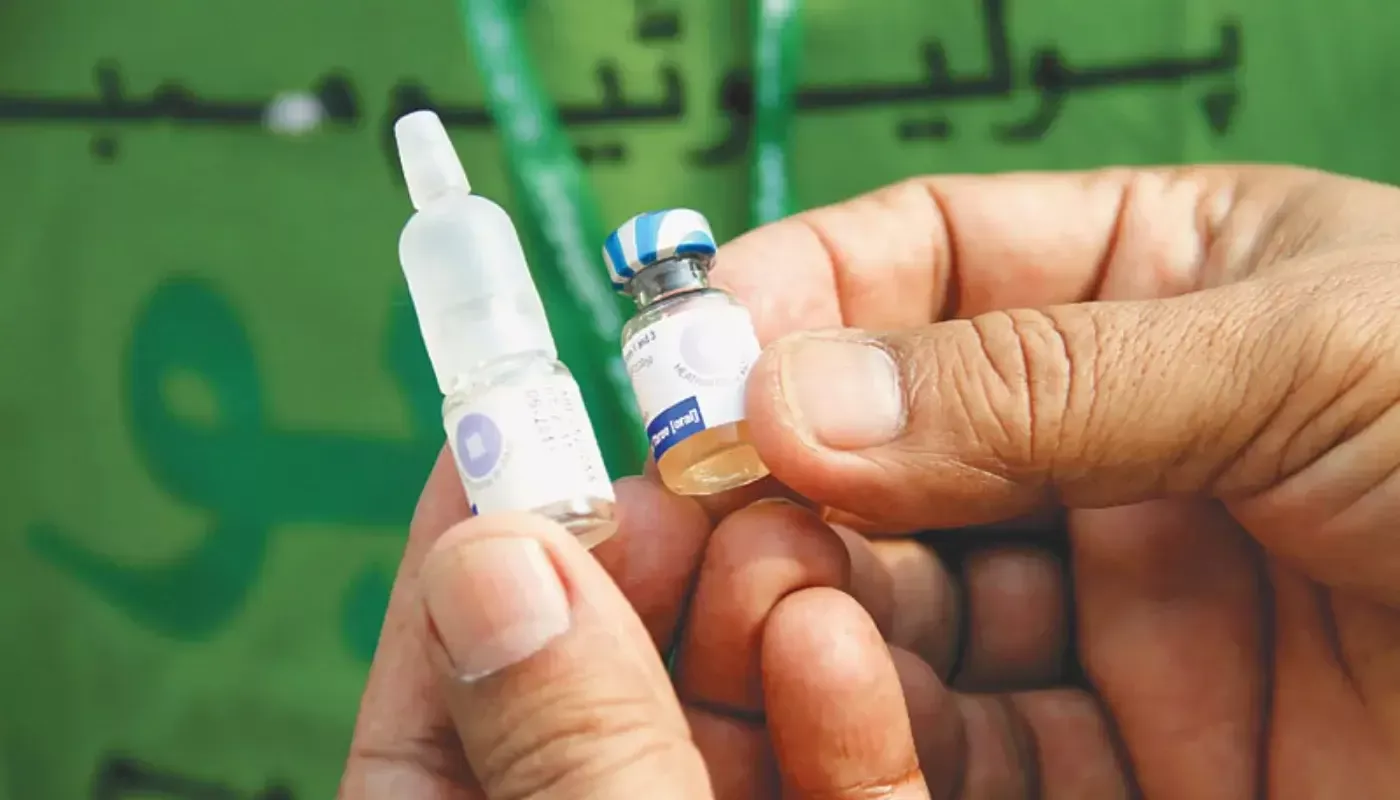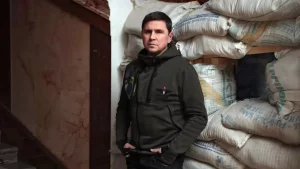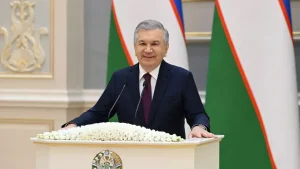
Efforts to eradicate polio in Pakistan continue to face serious challenges, particularly regarding the safety of healthcare workers involved in vaccination campaigns. On April 23, two members of a polio vaccination team were killed in an attack by unknown individuals in the Tiri district of the Mastung area in Balochistan province.
This incident is part of a broader wave of violence that has affected health sector campaigns in various regions of the country. Polio vaccination teams have been operating in complex and sometimes dangerous conditions for over a decade. These challenges are exacerbated by the spread of misinformation and a lack of sufficient trust in some communities, which hinders vaccination coverage.
Balochistan province remains one of the most challenging areas for implementing medical initiatives. This is due to its geographical conditions, weak health infrastructure, and ongoing security issues. These factors complicate regular communication with the population and the delivery of medical services. In some areas, vaccination teams face resistance, reflecting a broader socio-political context.
Typically, vaccination teams consist of female healthcare workers who operate alongside security personnel. They play a crucial role not only in health care but also in strengthening relationships between the state and local communities. In some cases, their participation remains one of the rare forms of engagement between local populations and state structures. However, their visibility can sometimes provoke tension or suspicion, especially in areas where trust in government initiatives is low.
The World Health Organization (WHO) and UNICEF – key partners in the global initiative to eradicate polio – emphasize that Pakistan and Afghanistan are currently the only countries where polio remains endemic (not eradicated). Both countries face unique challenges, and ensuring the safety of healthcare workers remains a critical condition for maintaining the successes achieved in Pakistan.
Violence against vaccination teams can disrupt campaign timelines, lead to increased vaccine hesitancy, and pose long-term risks to disease eradication goals. These challenges create additional pressure on frontline workers, most of whom operate in complex situations with limited resources and support. Despite these obstacles, Pakistan has made significant progress in reducing polio cases due to improvements in targeted campaigns and surveillance systems. Maintaining and building on these successes requires regular participation from all levels, from local communities to state and international organizations.
The incident in Mastung serves as a reminder of the complex situation in which public health programs are being implemented in certain areas of Pakistan. Addressing these issues requires a comprehensive approach that prioritizes the safety of healthcare workers, active community participation, and transparent and stable communication to build trust.
As a result, achieving the goal of completely freeing Pakistan from polio depends not only on medical efforts but also on creating conditions where these efforts can be carried out safely and effectively.




